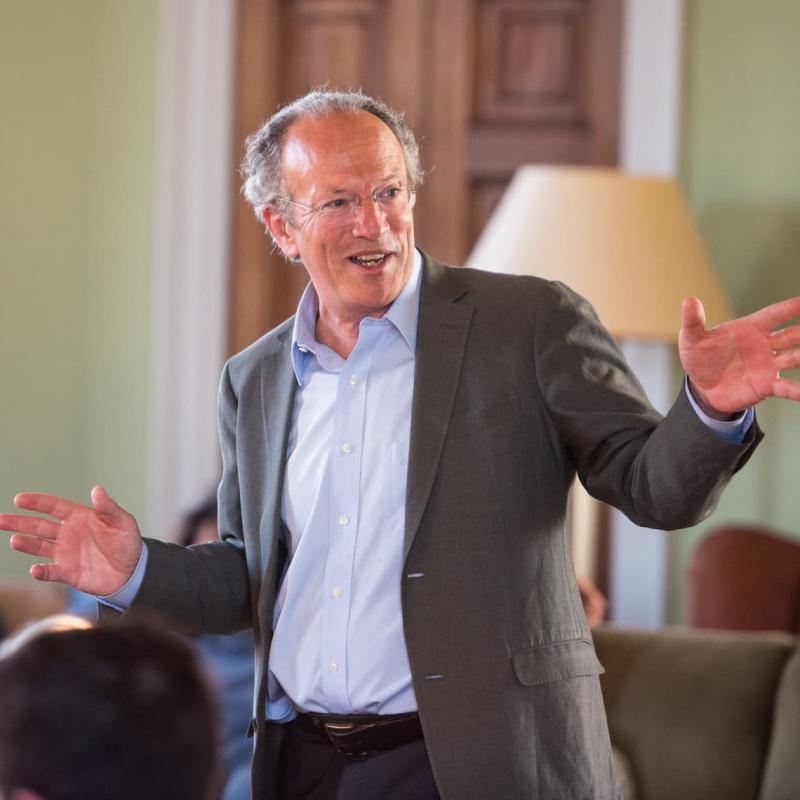Public service officials are often confronted with the challenge of defining and tackling public corruption, as mixed motives, power dynamics and human psychology interact closely with state authority. Maintaining ethical conduct requires more than good intentions; it requires knowledge, strategy and leadership, whilst navigating the demands of public service
This three-day intensive programme equips public leaders and managers from any country or organisation with the skills and strategies to replace corruption with cultures of integrity.
Through practical tools, case studies, and expert-led sessions, participants will learn how to:
- Develop actionable strategies to identify, prevent and address corruption.
- Apply analytical tools to assess and measure corruption risks.
- Draw lessons from global case studies across high, middle and low-income contexts.
- Lead ethical change and shape a culture of integrity within your organisation.
The programme is open to:
- Officials leading or planning a turnaround
- Senior or mid-senior officials addressing entrenched corruption in the departments or institutions they oversee
- Those working in anti-corruption organisations, such as anti-corruption commissions, audit institutions, specialised investigation and prosecution departments and financial investigation units
We also welcome those in civil society and the commercial sectors supporting anti-corruption efforts.
Watch a preview session with Programme Director Chris Stone, where he explores how to replace endemic corruption in public institutions with a culture of integrity. Through five case studies—three successes (USA, Paraguay, Nigeria) and two failures (Italy, Brazil)—it examines different approaches to fighting corruption and their long-term effects.
The programme breaks the stereotype of addressing corruption. It helps you look at how to build cultures for long term change rather than developing rules and paint a veneer of success. I highly recommend it to public officials who are reformists and ready to turn around their respective institutions.
- Understanding corruption and anti-corruption
- Diagnosing patterns of corruption in diverse context
- Demonstrating accountability for past corruption
- Developing strategies and tactics for turnaround
- Monitoring integrity, building trust and changing culture.

Our programmes immerse you in the intellectual culture of Oxford, the oldest university in the English-speaking world. Its excellence and international profile rivals that of any university in the world, and the University has been educating global leaders for over 800 years.
Our residential programmes, as well as our fellowships, offer opportunities to explore the city and its famous colleges. Many include walking tours of the city’s most important historical and politically relevant places, as well as formal dinners in centuries-old Oxford dining halls. And you will get the best of both the old and the new by being based from the ultramodern award-winning Blavatnik School building.
Whether in residence or online, you will be tapping into the extraordinary depth and breadth of research excellence found at Oxford University, as well as its power to convene people from all over the world. All our executive programmes are led by a member of the Blavatnik School faculty, who are leading Oxford professors and associate professors.

To express your interest in the programme or find out more, contact us at executive.admissions@bsg.ox.ac.uk.
Please see our terms and conditions and privacy notice.

